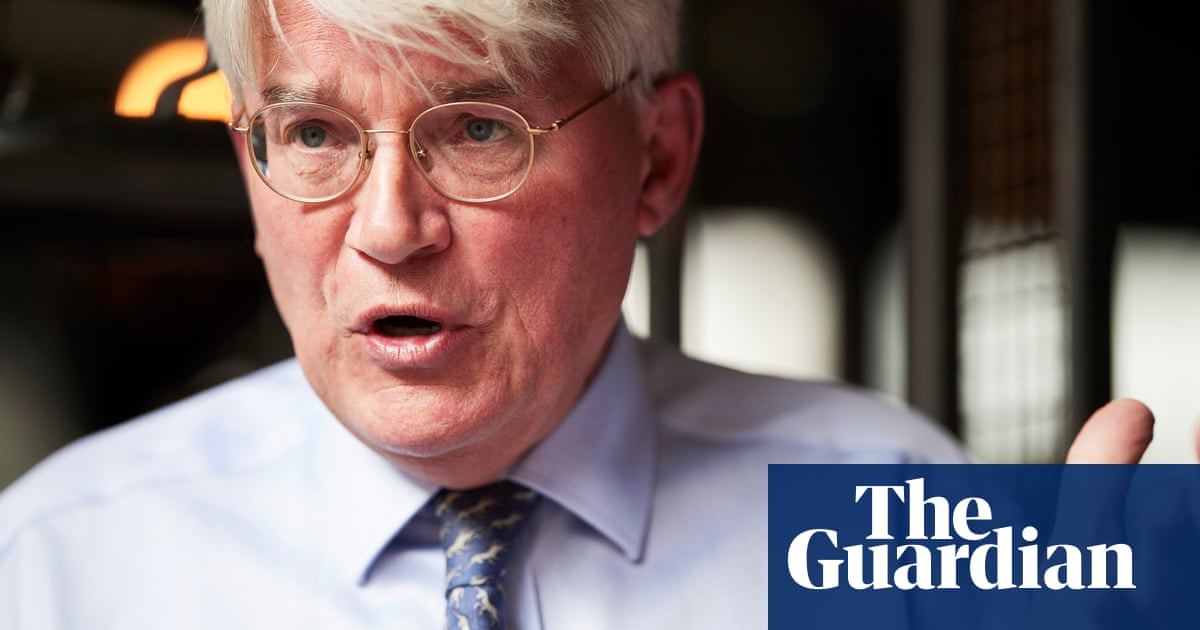
Is a union of nations that goes back to 1707 in serious peril? Might we be looking at the disintegration of the United Kingdom as we know it — a union of states some claim to be the oldest in the world.
Ever since the UK voted to leave the EU in 2016, this prospect has loomed large. England and Wales wanted out of the EU; Scotland and Northern Ireland wanted to remain. More than 60 percent of Scots voted to stay and it appears that the country’s preferred union is the European one, not the British version. Why should Scotland be forced out of the EU when a clear majority voted to remain, they argue.
An opinion poll released last week showed the highest ever level of support for Scottish independence, at a jaw-dropping 58 percent. Back in 2014, Scottish voters rejected independence by 55 percent to 45 percent. This represents a sizable shift in opinion over the last six years. Reinforcing this shift, the Scottish National Party (SNP) won 48 of Scotland’s 59 Westminster seats in last year’s general election. In Northern Ireland, for the first time in history, MPs who favor Irish unity outnumber unionists as a result of December’s vote.
The British government has resisted all calls for a new referendum on Scottish independence. However, 64 percent of Scots say a second referendum should be allowed within the next five years if the SNP wins a majority of seats in next May’s elections to the devolved Edinburgh parliament — a level of support that will be tough to dismiss. What is perhaps most alarming for unionists is that young Scots are far more nationalist, with 79 percent of 16 to 24-year olds polled in favor of independence. The over-65s polled at 40 percent.
One gargantuan change is that, back in 2014, the British government was wholeheartedly in favor of the union. Then-Prime Minister David Cameron campaigned for the “no” team, backed by both the Labour and Liberal Democrat parties. In 2020, the position of the British government is far from clear. Nominally, Boris Johnson is a fully fledged unionist in the long tradition of his Conservative Party. In his first ever Cabinet meeting as PM, Johnson announced that he had adopted a new title: Minister for the union.
But look at the party he now leads. A poll in February showed that 77 percent of Conservative voters in England think Brexit would be worth it even if it led to Scottish independence, while 73 percent of them think Brexit would be worth it even if it led to the unraveling of the Northern Ireland peace process. In other words, Brexit matters far more to most Tories than the union.
Johnson has argued that a proper Brexit, done right, should “cement and intensify” the union. The controversial Internal Market Bill is, he claims, designed to stop the EU breaking the UK up, even if it does risk breaking the withdrawal agreement signed with Brussels. Others have accused the Conservative leadership of being complacent about the union. Johnson does not believe the Scots will want to rejoin the EU: “Are they really going to want to join the European Union, to join the euro, to join Schengen, to submit Scotland to the full panoply of European laws? Of course, they are not.”
But is Brexit being done right? Of course, it depends on your standpoint in a polarizing debate. Everyone blames the other side. In the game of Brexit pingpong, it is hard to know where the ball is, as all sides always maintain that it is in the other’s court. On Friday, Johnson advised his fellow countrymen to prepare for a no-deal Brexit. Translated, this means chaos from Jan. 1, not least at the borders and ports. Is this an enticing prospect for the Scots?
Johnson publicly seeks a Canada-style free trade deal with the EU but claims that Brussels’ intransigence means the UK is set for “the Australian solution.” What exactly is an Australian-style free trade deal? Well there is no EU-Australia trade deal, so he might as well have described it as a Somali, Afghan or North Korean-style free trade deal. Clearly, Johnson decided that might not sound so appealing.
The Scots and others may well agree and the drive for independence could gather unstoppable momentum, not least if the Scottish parliamentary elections in 2021 do deliver a huge victory for the nationalists. In Northern Ireland, the threat of a hard border with the rest of Ireland looms. This would be a breach of the Good Friday peace agreement. Is the lure of unionism as strong in Protestant circles as it once was? Might one day we see a united Ireland? It looks a less ridiculous proposition than it did a decade ago. Back in February, an opinion poll determined that support for a united Ireland roughly matched that for remaining in the UK.
The drive for independence could gather unstoppable momentum if next year’s Scottish elections deliver a huge victory for the nationalists.
Chris Doyle
On top of this, Westminster’s mishandling of the coronavirus disease pandemic at a national level contrasts poorly with how the devolved administrations have coped. Johnson’s government has failed to implement an effective track and trace system and it lacks any strategic approach to the crisis. Wales has just banned visitors from hot spots in England and, back in May, the Welsh first minister made it clear that people from England could not travel to Wales to exercise.
England and Wales may well end up in some less-than-perfect form of cohabitation. What would this mean? It would still be a Top 10 world economy and England would presumably retain the lion’s share of Britain’s military muscle? Would England have a seat on the UN Security Council? Wales might chafe at being the junior partner in a less-than-happy twosome and seek its own path before too long. Many Welsh might not like the idea of being overwhelmed by a more right-wing, Conservative-led “little England.”
All of this may seem many years off, but it no longer looks so remote. A Scottish independence referendum in three or four years’ time could be on the cards. The glue that holds these four nations together is weakening. Disentangling them might make Brexit look like a cakewalk. Unionists had better wake up and take this threat very seriously if they truly wish to keep the UK together. If it is to break up, one has to hope that the divorce is not as bitter as Brexit and that it does not return Northern Ireland to the dark days of the Troubles.
Chris Doyle is director of the London-based Council for Arab-British Understanding. Twitter: @Doylech
Disclaimer: Views expressed by writers in this section are their own and do not necessarily reflect Arab News" point-of-view












